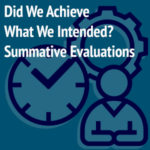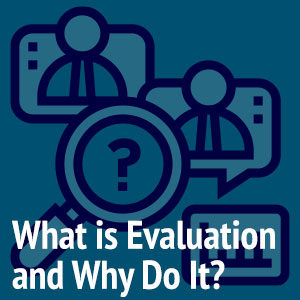
“Bias” is a tendency (either known or unknown) to prefer one thing over another that prevents objectivity, that influences understanding or outcomes in some way. (See the Open Education Sociology Dictionary) Bias is an important phenomenon in social science and in our everyday lives.
In her article, “9 types of research bias and how to avoid them,” Rebecca Sarniak discusses the core kinds of bias in social research. These include both the biases of the researcher, and the biases of the research subject/respondent.
Prevalent kinds of researcher bias include:
- confirmation bias
- culture bias
- question-order bias
- leading questions/wording bias
- the halo effect
Respondent biases include:
- acquiescence bias
- social desirability bias
- habituation
- sponsor bias
In their Scientific American article “How-to-think-about-implicit-bias,”, Keith Payne, Laura Niemi, John M. Doris assure us that bias is not merely rooted in prejudice, but in our tendency to notice patterns and make generalizations. “When is the last time a stereotype popped into your mind? If you are like most people, the authors included, it happens all the time. That doesn’t make you a racist, sexist, or whatever-ist. It just means your brain is working properly, noticing patterns, and making generalizations…. This tendency for stereotype-confirming thoughts to pass spontaneously through our minds is what psychologists call implicit bias. It sets people up to overgeneralize, sometimes leading to discrimination even when people feel they are being fair.”
Of course, bias is not just a phenomenon relevant to social science (and evaluation) research. It affects our everyday activities too. In “10 Cognitive Biases That Distort Your Thinking,” Kendra Cherry explores the following kinds of biases:
- confirmation bias
- hindsight bias
- anchoring bias
- misinformation effect
- the actor observer bias
- false consensus effect
- halo effect
- self-serving bias
- availability heuristic
- the optimism bias
In evaluation research, especially when employing qualitative methods, such as interviews and focus groups, unconscious bias can negatively affect evaluation findings. The following types of bias are especially problematic in evaluations:
- confirmation bias, when a researcher forms a hypothesis or belief and uses respondents’ information to confirm that belief.
- acquiescence bias, also known as “yea-saying” or “the friendliness bias,” when a respondent demonstrates a tendency to agree with, and be positive about, whatever the interviewer presents.
- social desirability bias, involves respondents answering questions in a way that they think will lead to being accepted and liked. Some respondents will report inaccurately on sensitive or personal topics to present themselves in the best possible light.
- sponsor bias, when respondents know – or suspect – the interests and preferences of the sponsor or funder of the research, and modifies their (respondents) answers to questions
- leading questions/wording bias, elaborating on a respondent’s answer puts words in their mouth because the researcher is trying to confirm a hypothesis, build rapport, or overestimate their understanding of the respondent.
It’s important to strive to eliminate bias in both our personal judgements and in social research. (For an extensive list of cognitive biases, see here.) Awareness of potential biases can alert us to when bias, rather than impartiality, influence our methods and affect our judgments.
Resources:




